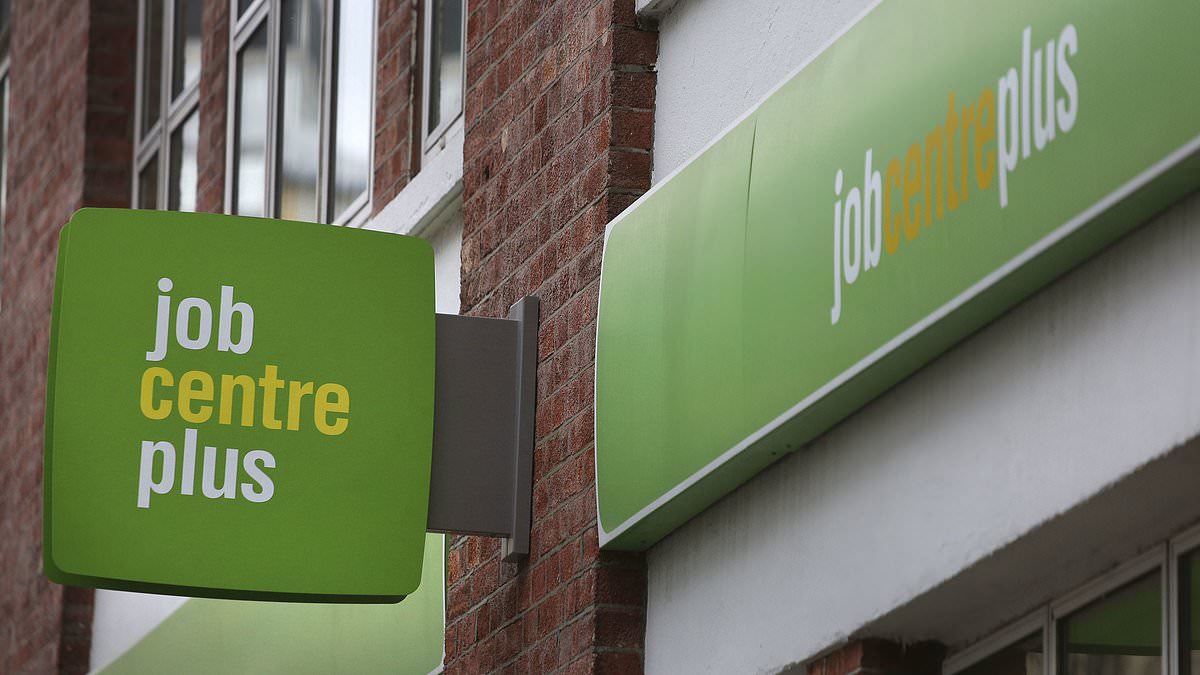It’s been just over a year since Labour took power, and new figures suggest the country’s benefits bill has ballooned.
Government data now shows that one million more people are claiming jobless benefits compared to last summer — a record high since Universal Credit first launched in 2013.
Universal Credit at an All-Time Peak
The Department for Work and Pensions (DWP) confirmed that the number of people on Universal Credit hit 8 million last month, up from 6.9 million in July 2024.
Universal Credit, designed to help with living costs, supports not only people out of work but also those in low-paid jobs.
Surge in Those Not Expected to Work
What’s driving the jump? Almost all of the increase comes from people with “no work requirements” — meaning they are not expected to look for work or prepare for it.
This group now stands at 3.7 million, up by 39% (or 1 million people) in just a year. That’s nearly half of all claimants.
This category includes people in full-time education, those over state pension age, parents with a child under one, and individuals with no realistic prospect of working.
Meanwhile, the number of people in work but still receiving Universal Credit rose slightly to 2.2 million.
Political Setback for Starmer
Sir Keir Starmer recently tried to rein in Britain’s soaring welfare costs but ran headfirst into resistance from his own party.
A major Labour rebellion forced him to abandon most of his planned changes, including controversial restrictions on Personal Independence Payment (PIP), the main disability benefit in England.
Instead, Starmer pushed through a scaled-back “Universal Credit Bill.”
Under this plan, the standard allowance will continue to rise in line with inflation until 2029-30, but the health-related part of the benefit will be cut for new claimants from April 2026 — unless they have severe or terminal conditions.
That rate will then be frozen until 2030.
Immigration Status Breakdown Revealed
For the first time, the DWP has published a breakdown of Universal Credit claimants by immigration status. The July data shows:
-
83.8% are British or Irish nationals, or people with the right to live and work in the UK without restrictions. Almost all of them (99.9%) are UK citizens, and about a third are in work.
-
9.6% have EU Settlement Scheme settled status.
-
2.7% hold indefinite leave to remain.
-
1.5% are refugees.
-
0.7% arrived via humanitarian routes, such as Ukraine and Afghan resettlement schemes.
-
0.9% have limited leave to remain, meaning temporary status.
The rest either no longer receive payments or have no immigration status recorded in the system.
Billions Lost in Benefit Overpayments
Previous reports have also shone a light on a costly problem — nearly £1 in every £10 spent on Universal Credit last year was paid in error.
In 2024-25 alone, the DWP admitted that £6.35 billion was overpaid, almost 10% of the £65.3 billion total bill.
